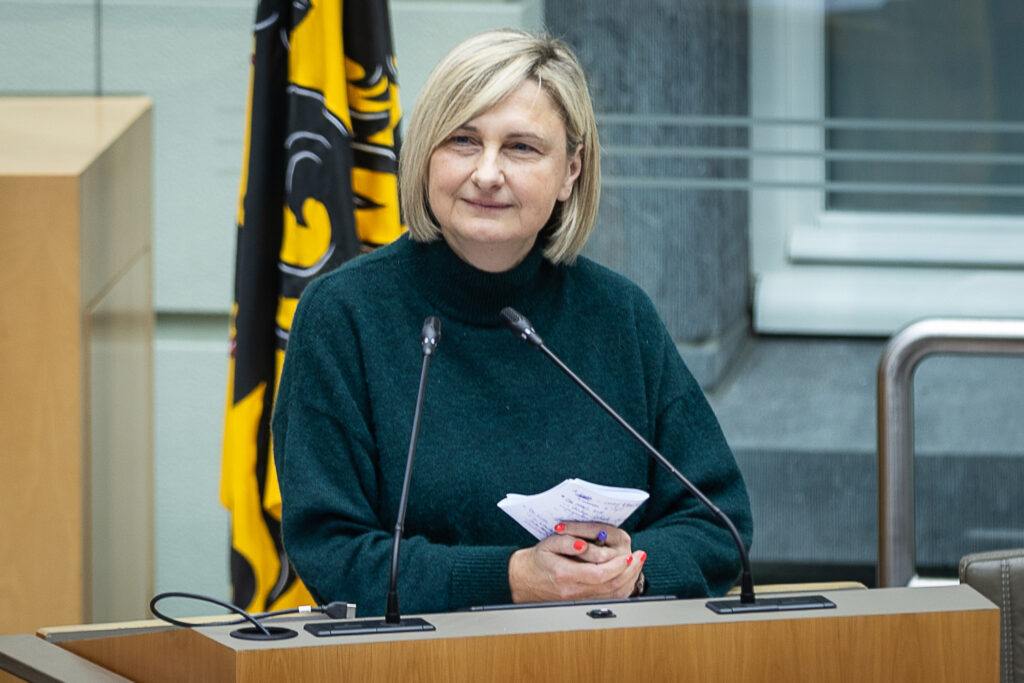Young people and those with limited education in Flanders are less likely to vote when they are under no obligation to do so, according to an evaluation report commissioned by Flemish Interior Minister Hilde Crevits.
The report, discussed on Tuesday in the Flemish Parliament’s Committee on Domestic Affairs, assessed the effect of the abolition of mandatory voting on Flemish participation in the local and provincial elections of October 2024.
Among other things, it suggests that a community’s social fabric and interest in politics are among factors that influence voter turnout.
Scrapping of voting obligation led to 29% drop in turnout
The primary reason for not voting was practical, such as illness, holidays, or other commitments - rather than principled objection - coupled with political motivations and a lack of civic knowledge. Government campaigns have had limited success in encouraging participation, according to the evaluation report.
Minister Crevits emphasised the need for politicians to rekindle public interest in voting. “It’s crucial for every voter to be able to exercise their right, and we must remove barriers for safe participation,” she stressed.
The committee will review the report and discuss future decisions regarding compulsory voting later this month.
Higher income, higher education, higher participation
Over 3.1 million people, or 63.5% of eligible voters, participated in the 13 October 2024 elections. The abolition of the voting obligation led to a 29% decrease in voter turnout, a decline reminiscent of the situation in the Netherlands after compulsory voting ended there in 1970. Participation in the Netherlands has fallen steadily, dropping to half at the Dutch local government elections in 2022.
Turnout varied significantly across Flemish municipalities at local and provincial polls. Half of the municipalities registered participation levels of 62% to 68%. Eeklo (53.7%), Wemmel (55.1%), and Menen (56%) registered the lowest rates. The highest turnout was in Mesen (81.7%), followed by Bever (79.3%), and Voeren (78.7%).
The analysis found higher participation in areas with more educated residents, higher incomes and stronger social cohesion. Conversely, urban areas with larger, denser populations had lower turnout rates, especially where there was greater diversity and more political choices.
In rural municipalities, knowing a candidate personally often motivated voters to participate.
Ghent University study shows varied reasons for not voting
The report included a study from Ghent University on voter decisions, conducted with 1,415 respondents. It showed varied reasons for voting or abstaining.
Sixty-four percent of respondents said they voted out of civic duty, and 53% due to ancestral struggles for universal suffrage; 81% always intended to participate, while 24% of non-voters never planned to vote, particularly after the removal of mandatory voting. Voting was a habit for 44%, with participation increasing with age.
Political motivations also played a role: 47% voted to support a specific party, and 48% turned out to support a particular candidate.
For some, voting was a means to prevent unwanted outcomes: 45% voted to prevent a disliked party from winning.
Opinions divided on mandatory voting
A quarter of non-voters cited disinterest in politics, highlighting the link between political commitment and turnout.
Practical obstacles, such as illness, holidays, work, or personal circumstances, prevented over 40% of non-voters from turning out.
The University of Ghent study revealed that opinions on mandatory voting were divided. Thirty-four percent agreed with its abolition, while 46% disagreed, believing voting should be compulsory. Nearly 20% were undecided.
In the committee, Minister Crevits and her Christen-Democratisch en Vlaams (CD&V) party expressed support for compulsory voting and suggested additional voting methods, such as postal votes or alternative locations.
Kurt De Loor from coalition partner Vooruit criticised the abolition as a significant mistake, whereas Nadia Sminate (Nieuw-Vlaamse Alliantie, N-VA) maintained that the obligation should remain abolished, lamenting its persistence in the Flemish parliamentary elections.

